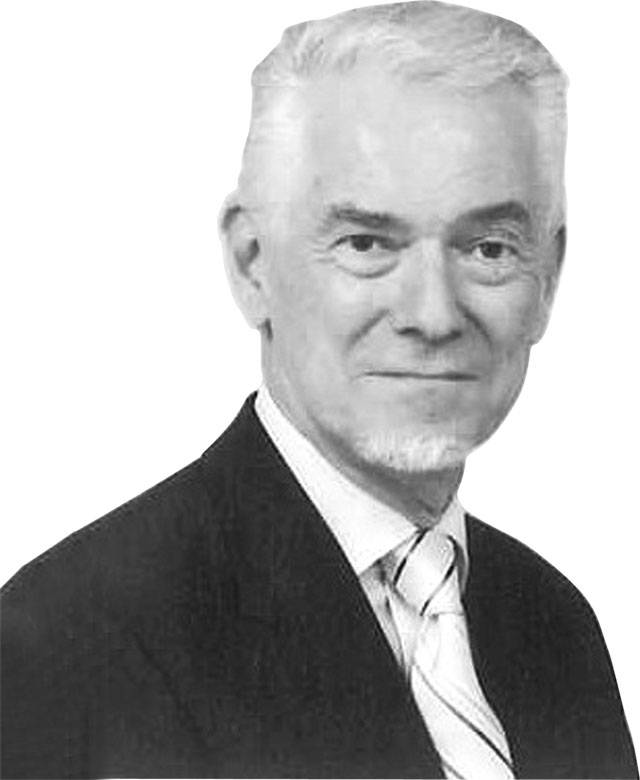Book Review
Saad Ashraf was a top civil servant till his retirement over twenty years ago. After that, he took up a new vocation, namely writing novels and poetry books, even a humorous compilation of small talk and slip-of-the-tongue comments by famous politicians.
Being the son of a former Postmaster General in British India, it is no wonder he wrote a novel entitled ‘The Postmaster’. More literary is his book of poems, ‘Fifty Autumn Leaves’, which he wrote not so long after retirement, reflecting on all the good things in life and that he was beginning to enter his sundown years. To this day, though, now in his mid 80’s, he still has great ideas on current affairs and what he should do himself to make people’s life better, including his running of a school in Islamabad. His favourite pastime of golf helps keep him on his feet, avoiding another bypass heart surgery, at least for now.
But this wasn’t meant to be about the author. Rather, it should be about that clever boy in his latest book, who did well at school, then joined the army, albeit to his parent’s dismay, climbed the ladder, becoming general, and ultimately, president. Saad Ashraf’s book is entitled ‘General Payday. His Life and Times, published by Story Mirror in Mumbai, but on its way to being released by a Lahore publisher.
The main character, General Payday, is a likable man, quite average and ordinary in most ways, from his school days and matriculation exam, where he didn’t become top in the class, after all, as he and his parents had expected. He was supposed to become a civil servant but ended up in the army. The army wasn’t all that smooth either, and Payday realized that success didn’t always go by skills and achievements, but also by friendship with the seniors, even their wives. His teenage friend, Roxanna, a rather dubious and clever girl, remains Payday’s only real friend and love throughout his life. They marry late after she has had other relationships, making her financially and socially independent—no need to follow conventions if one is free to be above such, it seems she thought. After Payday’s parents died in a car accident, and he was an only child, he was a lonely man.
Payday is not a bad general or a bad president. It seems, though, that much is a bit above his capacity, but he remains loyal to his land and the military, also to his superiors and his juniors, and his few friends, only using excessive power when needed. After he is forced out of office, he lives a modest and quiet life, well protected, but it seems quite boring, although sometimes the authorities consult him for advice. Alas, when Roxanna passes away from cancer, life takes a downturn for Payday, and his life becomes quite meaningless which contributes to his quite early passing.
The no less than 365 pages of the book is a pleasant read, a bit lengthy sometimes, but that is to be expected in a novel written in the American rather than British style. A British-style novel would have been at least one-third shorter. But then, it would also have been a different novel. Much of its charm lies in all the details, seemingly unnecessary sometimes, but at the same time getting us to know the characters well, Payday and Roxanna, in particular.
The book is fiction, of course, as a novel always is. But fiction is also built partly on real stories. The mixture of it all makes General Payday become a fairly archetypical military leader. One wonders who it is, but he could perhaps be all, any, or none in Pakistan or another similar land. In many ways, the book becomes valuable as a ‘standard summary’ of the life and times of military leaders, be it General Payday, or any other similar one. Mostly, though, the book is entertaining rather than analytical. Well, those who have more historical knowledge than I have, perhaps having lived through the times of military leaders in Pakistan or elsewhere, may find more both on the lines and between the lines than I could do. For me, I find the book a pleasant read, sometimes fun, too, with stories that could even have done well in today’s social media or gossip story columns in newspapers or magazines.






